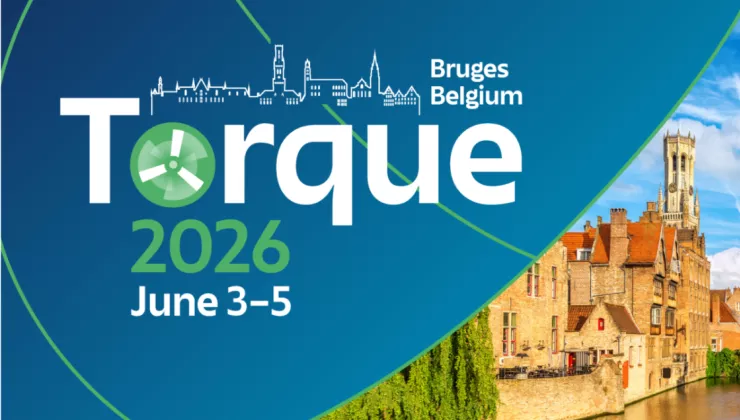Interreg: a thorough introduction
Structure
There are 5 main funds:
- European Regional Development Fund (ERDF)
- European Social Fund (ESF)
- Cohesion Fund (CF)
- European Agricultural Fund for Rural Development (EAFRD)
- European Maritime, Fisheries and Aquaculture Fund (EMFAF)
As a prosperous region with fisheries and agriculture, Flanders has access to four funds: ERDF, ESF, EAFRD and EMFAF. Nevertheless, the available budgets are smaller than those for Wallonia or Brussels, for example.
The regions (Flanders) can use their ERDF funds locally (ERDF Flanders) or in joint programmes with other neighbouring regions (Interreg). Programmes are drawn up for both ERDF Flanders and the various Interregs.
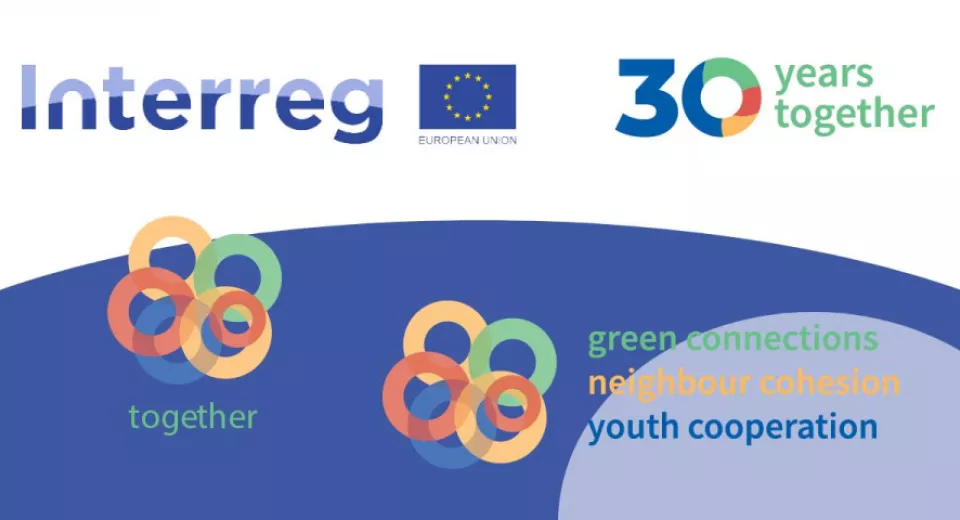
Cohesion
The regions are free to decide how much of their budget – within the available funds – they wish to use, but Europe determines the major thematic objectives through the European Cohesion Policy.
The thematic objectives of the European Cohesion Policy are:
- A more competitive and smarter Europe by promoting an innovative and smart economic transformation and regional ICT connectivity
- A greener, low-carbon transition to a carbon-neutral economy and a resilient Europe by promoting a clean and fair energy transition, green and blue investments, the circular economy, etc.
- A connected Europe by increasing mobility
- A more social and inclusive Europe by implementing the European pillar of social rights
- A Europe that is closer to its citizens by promoting the sustainable and integrated development of all types of areas and local initiatives.
Specifically for Interreg, two additional thematic objectives have been identified:
- A better territorial governance of the Interreg cooperation
- A safer and more secure Europe
Within the thematic objectives, Europe has another menu of investment and action priorities, from which the regions can choose individually (ERDF) or in cooperation (Interreg).
Interreg’s target group
Interreg’s and ERDF’s final beneficiaries are enterprises and citizens. Funding from these programmes is destined for consortia of government authorities, research and knowledge institutions, the industry and NGOs wishing to implement transition projects with a long-term perspective that will benefit businesses and citizens.
As such, they are not a funding channel for individual business projects or for projects with a short-term perspective. Projects should have a high level of open innovation and not have an immediate commercial and/or profitable character.
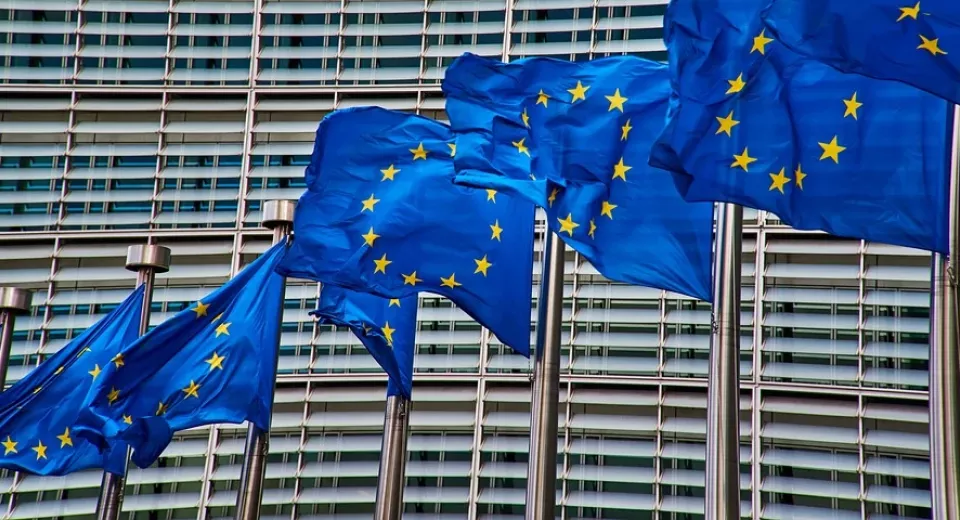
Types of activities eligible for ERDF support
- Infrastructure investments;
- Applied research and innovation activities, including industrial research, as well as experimental, development and feasibility studies;
- Investments in access to services; • Productive investments in SMEs and investments aimed at maintaining existing and creating new jobs;
- Equipment, software and intangible assets;
- Networking, cooperation, exchanging experiences and activities involving innovation clusters, including between companies, research organisations and government bodies;
- Information, communication and studies.
Support may be provided for productive investments in companies that are not SMES:
- When they engage in cooperation with SMEs in research and innovation activities;
- When support is provided mainly for energy efficiency and renewable energy measures;
- When the investments are made in small mid-cap and mid-cap enterprises through financial instruments; or
- When they are made in small mid-cap enterprises for research and innovation activities that are supported.
Types of activities eligible for additional Interreg support
- Shared use of facilities and human resources; and
- Accompanying soft investments and other activities in the context of a more social and inclusive Europe by implementing the European pillar of social rights.
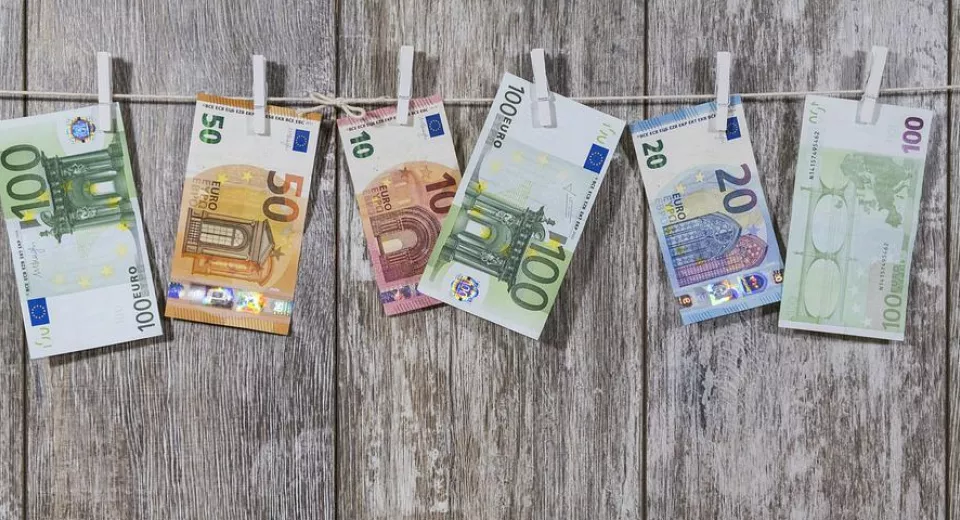
State aid rules in Interreg
Companies that are partners in a project:
- 50% or 60% (depending on the programme) of the accepted costs funded by Interreg;
- Possibly supplemented with additional public co-funding (provinces, VLAIO, other government agencies, etc.) up to max. 80% of the accepted costs;
- Minimum private self-financing: approximately 15%;
- Maximum support per company per project: €2 million.
- ‘Incentive effect’ is considered to be fulfilled at all times.
- No justification required as to why the funding is needed or why a company would not implement the project without funding.
Companies that are not partners, but do benefit from the project (e.g. sounding board group or steering committee)
- Maximum € 20,000 support per company per project
- Maximum aid intensity: 100% – no co-funding required.
- Incentive effect is considered to be fulfilled at all times (distinction between research and development is therefore not applicable)
Calls and decision-making
Calls are organised per programme, approximately two per year, ranging from four to eight calls per programme depending on the available resources.
Depending on the programme, in two or three phases: application, 10-pagers, full proposals.
Projects are assessed by a steering committee with Flemish representatives of Flanders Innovation & Entrepreneurship (VLAIO) and the provinces. No expert panels, but often internal, ad-hoc consultation with competent administrations
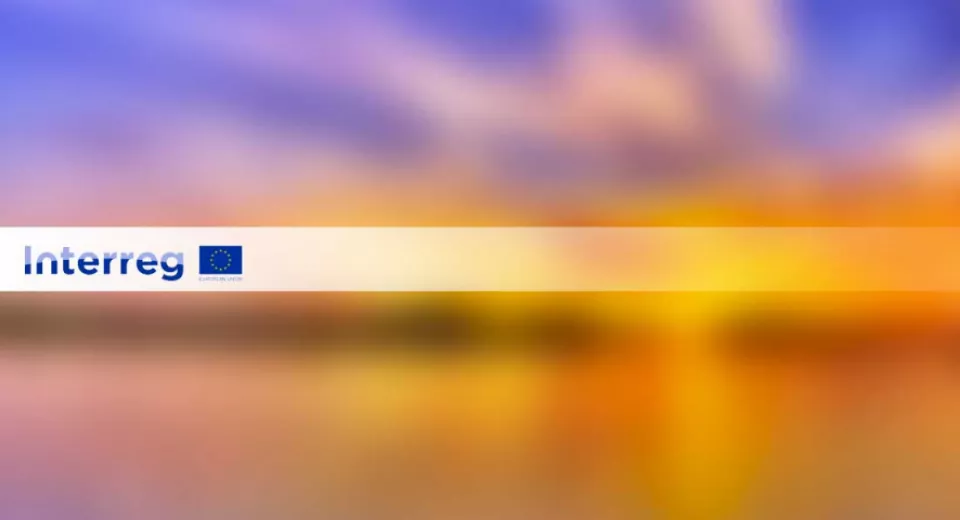
Flanders
Below, you will find a number of Interreg programmes that are relevant to Flanders and the blue economy. Click on the programme’s name for more information.
Interreg Flanders - the Netherlands
Thematic priorities
1. A more competitive and smarter Europe
a. Developing and strengthening research and innovation capacity
b. Solutions to labour market tightness in both new and transitioning sectors
2. A green, low-carbon transition to a carbon-neutral economy
a. Energy transition and circular economy
- Promoting energy efficiency and reducing greenhouse gas emissions
- Promoting renewable energy sources
- Developing smart energy systems, networks, storage
- Transitioning to a circular and resource-efficient economy
b. Promoting climate adaptation, as well as disaster risk prevention and resilience
c. Promoting biodiversity, green infrastructure and reducing air pollution (especially from nitrogen)
3. A more social and inclusive Europe
a. Matching labour market supply and demand
b. Education, training and lifelong learning
c. Sustainable tourism
4. A better territorial governance of the Interreg cooperation
a. Matching labour market supply and demand
Focal points:
- Social challenge as a starting point
- SME involvement
- Linking opportunities: interaction of multiple topics
- Quadruple helix - projects visible to citizens
Types of projects (relevant in the context of the Blue Economy):
- Cross-border innovation projects from TRL 4 to 8, incl. demonstration and pilots
- Shared research infrastructure
- Physical intervention in the development and repair of (green/blue) infrastructure, ecosystems, etc.
- Improvement of inflow and outflow in technical jobs, training facilities and infrastructure
- Territorial strategies and action plans • Investments to reduce the pressure on tourist hotspots, actions related to sustainable tourism and integrated offer.
…
Website
Visit the Interreg Flanders - the Netherlands website.
Interreg France - Wallonia - Flanders
Thematic priorities
1. A more competitive and smarter Europe
a. Developing and strengthening research and innovation capacity and implementing advanced technologies
b. Strengthening the sustainable growth and competitiveness of SMEs and creating jobs in SMEs by means of productive investments, among other things
2. A green, low-carbon transition to a carbon-neutral economy
a. Promoting climate change adaptation and disaster prevention
b. Promoting access to water and sustainable water management
c. Improving the protection and the conservation of nature, biodiversity and green infrastructure, also in urban areas, and reducing all forms of pollution
3. A more connected Europe
a. Developing and strengthening sustainable, climate-proof, intelligent and intermodal national, regional and local mobility, including improved access to TEN-V and cross-border mobility
4. A more social and inclusive Europe
a. Improving the effectiveness and inclusivity of labour markets and access to high-quality employment by developing social infrastructure and promoting the social economy
b. Ensuring equal access to healthcare by developing infrastructure, including primary care, and promoting the transition from an institutional healthcare system to a family and community-based system
c. Improving the role of culture and sustainable tourism in economic development, social inclusion and social innovation
5. A better territorial governance of the Interreg cooperation
a. Strengthening institutional capacities of government bodies, namely those tasked with the conservation of a certain area, and of stakeholders
b. Improving the effectiveness of the public administration by improving judicial and administrative cooperation as well as cooperation between citizens, actors from civil society and institutions, particularly with a view to finding solutions to legal and other obstacles in border regions
c. Building mutual trust by encouraging people-to-people actions
Focal points:
- Involving more companies in projects than before.
- New focus on maritime component and water
Types of projects (relevant in the context of the Blue Economy):
- Cross-border innovation projects from TRL 4 to 8, incl. demonstration and pilots
- Shared research infrastructure
…
Website
Interreg North Sea Region
Thematic priorities
a. Strengthening research and innovation capacity and implementing advanced technologies
b. Developing skills for smart specialisation, industrial transition and entrepreneurship
2. A green, low-carbon transition to a carbon-neutral economy
a. Promoting energy efficiency and reducing greenhouse gas emissions
b. Promoting renewable energy
c. Promoting smart energy systems, grids and storage
d. Promoting the transition to a circular economy
e. Promoting sustainable multimodal mobility in cities
3. A climate-proof North Sea Region
a. Promoting climate change adaptation, risk prevention and disaster resilience
b. Promoting biodiversity and green infrastructure in urban environments and reducing pollution
4. Better governance
a. Better governance in terms of cooperation
Aandachtspunten:
Three overarching topics apply to all priorities. They are an extra dimension that is very important in the North Sea Region. It concerns the following topics
- Digitisation
- Links between rural and urban areas
- Strengths and challenges in the North Sea basin
Focal points:
- Demonstratieprojecten / pilots – tests in reële omstandigheden
- Sensibilisering alleen is niet voldoende
- Investeringen (niet grootschalig)
- Nood aan transnationale samenwerking
Website
Visit the Interreg North Sea Region website.
Interreg North-West Europe
Thematic priorities
1. Climate and environment
a. Promoting climate change adaptation, risk prevention and disaster resilience, taking into account an ecosystem-based approach
b. Better protecting nature, biodiversity and green infrastructure, including in urban areas, and reducing all forms of pollution
2. Energy transition
a. Promoting energy efficiency and reducing greenhouse gas emissions
b. Promoting renewable energy in accordance with Guideline 2018/2019, including the sustainability criteria contained therein
3. Circular economy
a. Promoting the transition to a circular economy
b. Promoting biodiversity and green infrastructure in urban environments and reducing pollution
4. Innovation and resilience
a. Developing and strengthening research and innovation capacity and implementing advanced technologies
5. Inclusive society
a. Improving the efficiency and the inclusiveness of labour markets and access to high-quality employment by developing social infrastructure and promoting the social economy
b. Ensuring equal access to healthcare and improving the resilience of healthcare systems, including primary care, and promoting the transition from institutional to family and community-based healthcare
c. Strengthening the role of culture and sustainable tourism in economic development, social inclusion and social innovation
Focal points:
- From triple helix to quadruple helix
Types of projects (relevant in the context of the Blue Economy):
- Demonstration projects / pilots – tests in real circumstances
- Physical intervention, development/repair of (blue) infrastructure, ecosystems, etc.
- Developing territorial strategies and action plans
- Policy tools and instruments
- Developing training models
- Small-scale investments
- Raising awareness
Website
Visit the Interreg North-West Europe website.
Disclaimer
Check out our disclaimer with regard to the above information
Bovenstaand artikel is bedoeld als een wegwijzer bij het zoeken naar informatie over het Europese subsidieprogramma Interreg. De gegevens zijn zo zorgvuldig, begrijpelijk en volledig mogelijk opgesteld op basis van de informatie waarover De Blauwe Cluster beschikt.
Ondanks onze inspanningen kan het gebeuren dat de informatie niet meer volledig, juist, nauwkeurig of bijgewerkt is. Daarnaast bevat het artikel verwijzingen naar externe websites die buiten de controle van De Blauwe Cluster vallen. De verantwoordelijkheid voor de informatie die je daar kan vinden, ligt bij de organisaties en instanties achter deze websites.
Indien de bovenstaande informatie aanzienlijke tekortkomingen bevat, zullen we deze zo snel mogelijk wegwerken. Indien je onjuistheden of onvolledigheden opmerkt, vragen we je vriendelijk om dit te melden aan info@blauwe.cluster.be.
De Blauwe Cluster kan niet aansprakelijk worden gesteld voor rechtstreekse of onrechtstreekse schade die ontstaat door het gebruik van onze website of van de informatie die via onze website ter beschikking gestel wordt. Dat geldt zonder enige beperking ook voor alle verliezen, werkonderbrekingen, beschadigingen van uw apparatuur, programma’s of andere gegevens op uw computersysteem. Wij kunnen bovendien niet garanderen dat onze website volledig vrij van onderbreking is en niet door andere technische problemen wordt getroffen.
